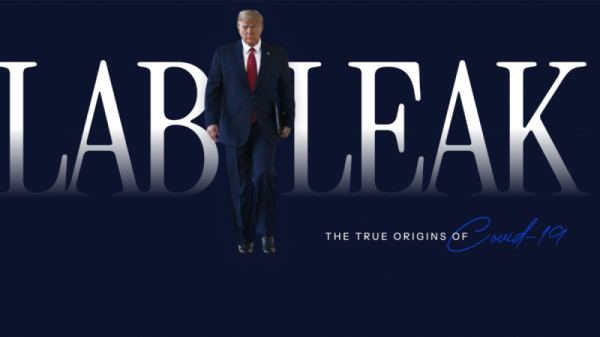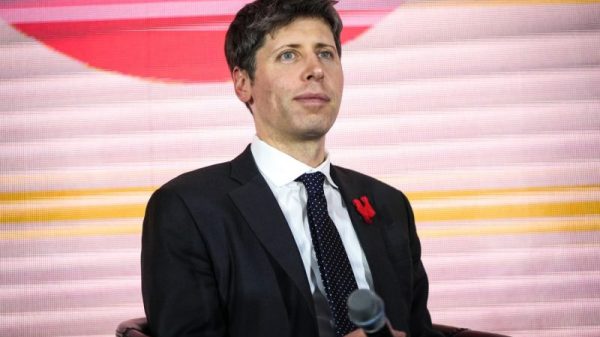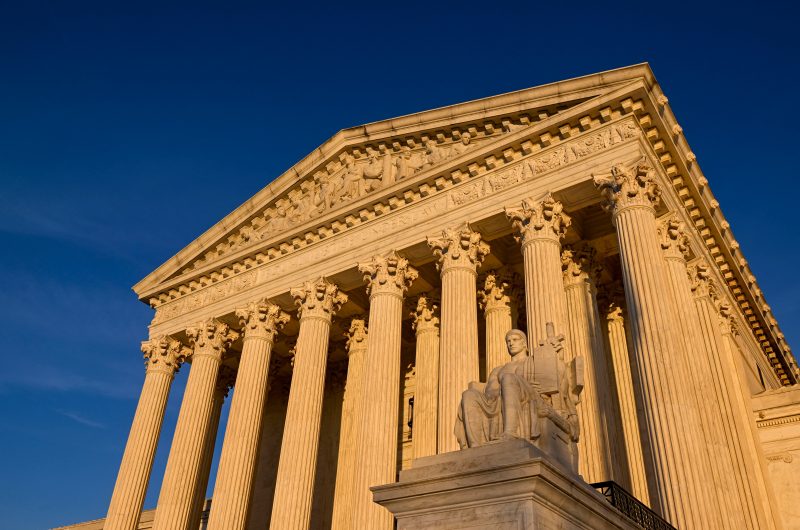Under delusions that she was poisoning him, a teenage Damian McElrath stabbed his mother, Diane, to death in 2012. He washed up, called 911 and told the dispatcher what he had done and why he was right to have done it.
A few years later, when the state of Georgia prosecuted him, a jury found that McElrath was insane at the time — and also, not insane.
The jury found him “not guilty by reason of insanity” on the charge of “malice murder,” meaning that he lacked the capacity to distinguish right from wrong or that his delusions meant he lacked criminal intent. But on charges of felony murder and aggravated assault, the jury found him “guilty but mentally ill.”
When the Georgia Supreme Court reviewed the case, it said the conflicting verdicts were so illogical as to be “repugnant” and told prosecutors they could try McElrath again on all three charges. That decision created an exception to the U.S. Constitution’s double jeopardy clause, which says that once acquitted, a defendant cannot be retried on the same charge.
At a hearing Tuesday before the U.S. Supreme Court, the justices appeared ready to tell their Georgia counterparts that it is their turn for a do-over. Justices across the ideological spectrum seemed to believe that once a person has been acquitted of a charge — for whatever reason the jury chooses — the matter is closed.
As Justice Neil M. Gorsuch put it, for “230 years in this country’s history, we have respected acquittals without looking into their substance and without looking into how they fit with other counts and said a jury is a check on judges, it’s a check on prosecutors, it’s a check on overreach, it’s part of our democratic system, and we do not ever talk about whether they make sense to us.”
For emphasis, he told Georgia Solicitor General Stephen J. Petrany: “An acquittal is an acquittal is an acquittal since time immemorial.”
Petrany argued that there really had not been an acquittal at all in McElrath’s case, because under Georgia law, a jury cannot “issue special affirmative findings that facially contradict each other.”
“In practice, this rule means a jury cannot declare a man both sane and insane at the exact same time with respect to the exact same act, as the jury purported to do here. That’s why the Georgia Supreme Court held there was no verdict, no acquittal, and no convictions,” Petrany said.
Justice Brett M. Kavanaugh said Petrany and the Georgia Supreme Court had a point. “How can a defendant be both sane and insane?” he asked McElrath’s lawyer, Richard A. Simpson.
Simpson said the Supreme Court has always looked at such issues “offense by offense,” not cumulatively. At the time of the trial, no one disputed that the jury had reached a verdict of not guilty by reason of insanity on one of the three charges, the lawyer said. He said it doesn’t matter for double jeopardy purposes what the jury decided on the other charges.
Simpson’s argument found support from several justices, including Elena Kagan.
“When a jury comes back with inconsistent verdicts, we don’t really know what happened,” Kagan said. “I mean, one possibility of what happened is the jury made a humdinger of a mistake. And another possibility of what happened is that the jury made no mistake at all but instead decided to compromise something out or decided to show leniency of a kind that it is within the right of a jury to show.”
Added Justice Ketanji Brown Jackson: “Even if we know that they are inconsistent, so what? I mean, the point is that we’ve said a jury can issue inconsistent verdicts.”
By the end of the hour-long argument — brief by Supreme Court standards — Kavanaugh was asking Petrany what would happen should Georgia lose. Could McElrath’s two guilty verdicts, which had also been declared null by the Georgia Supreme Court, be reinstated, even if the state may not retry him on the charges for which he was found not guilty?
Petrany told Kavanaugh that he thought so. “If we were to lose this case, I think not only could they, but that is the only logical thing for the Georgia Supreme Court to do because the basis of this rule was there are no verdicts at all,” Petrany said, adding: “If this Court says, yeah, they are, then I think basically … McElrath or the next person in his shoes is just going to be stuck with the life-in-prison conviction.”
But Simpson said that in a similar case, the Georgia high court “let the acquittal stand, but it … threw out the conviction. We would hope that Georgia would continue to follow that rule.”
The case is McElrath v. Georgia.


































